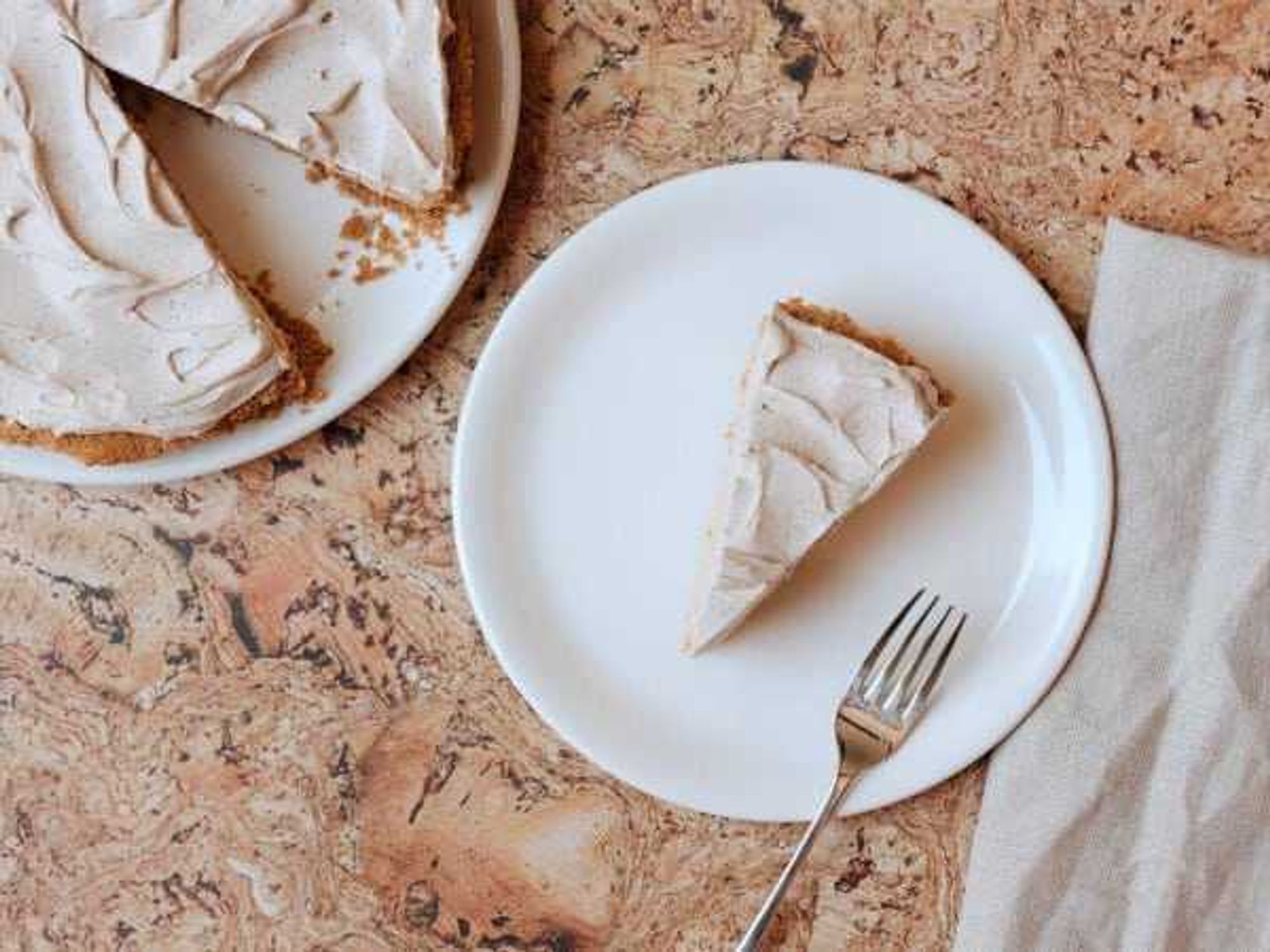Kieran Hebden, also known as Four Tet, specializes in laptop-based electronic music which blends loads of moody atmospherics with slow builds and releases. The music is pretty, textural, and really designed for headphones or car listening rather than a club dance floor.
Four Tet's latest, 2010's There Is Love In You, was widely acclaimed as one of the best electronic records of last year, and brought Hebden's project (he's also in the post-rock band Fridge) to new levels of recognition. The challenge with a venue like Fun Fun Fun, though, is that one person playing electronic music with little vocal content isn't visually interesting enough to captivate a crowd of 5,000 festival goers for an extended period of time—even if they do love your record.
Friday night's crowd was both large and fairly polite, but the nature of the large space led many to wander in for 10 minutes and then leave long before the set's completion. Hebden did make use of an LED-lit backdrop, but aside from that, there wasn't much to see. In a comic twist, the rampant amounts of drought dust from the park drifted through the spotlights making it look like stagecraft, so when the stage let out actual FX smoke halfway through the set, it seemed a touch anticlimactic.
While we had our quibbles, the set was paced well, with a faster and brighter overall tempo than we would have expected from the tracks on There Is Love In You. Hebden did occasionally indulge in a bit of scratching, which drew wild applause—showing that regardless of genre, all concertgoers prefer at least a bit of showmanship with their tunes.
Though it was tough to pick favorites in a set designed to flow as a whole, highlights included both the mid-tempo wash of "Sing" and the syncopations of "Locked" in the show's home stretch.
One last challenge for Four Tet—the live band backing Public Enemy inexplicably elected to sound check on the adjacent side of the stage during Hebden's set - which proved a difficult blow during some of the show's better moments. It wasn't the best show of decorum, and made even less sense given PE's lengthy sound check that continued afterwards.
All told, the devoted Four Tet fan was probably best served by just sitting back and listening rather than crowding up close for a better view. Our Twitter feed Friday evening featured a couple of commenters viewing the surgical and allergy masks, dust and Four Tet's lights and declaring it "the soundtrack to the end of the world." If so, at least the apocalypse sounds awfully pretty.
